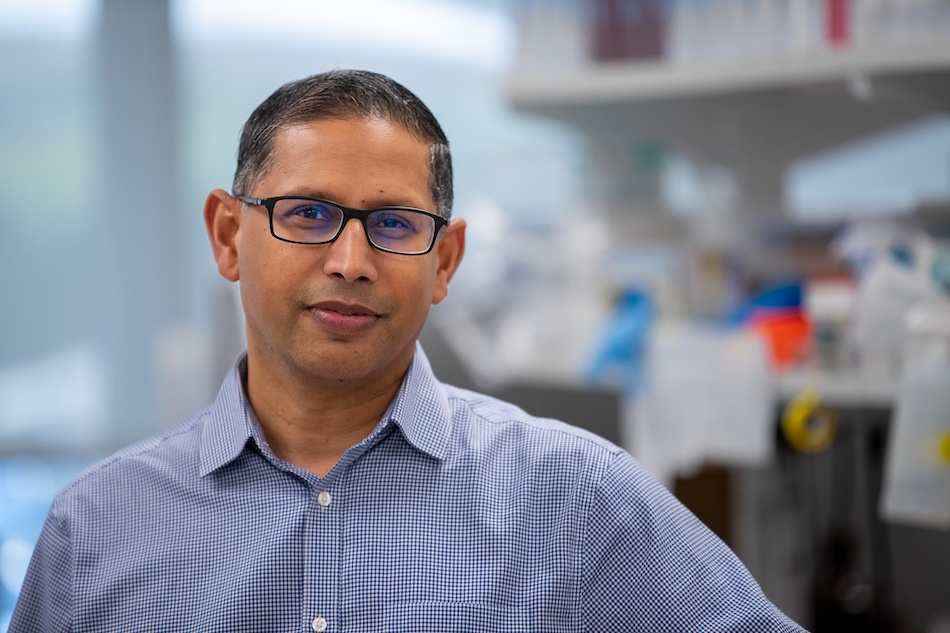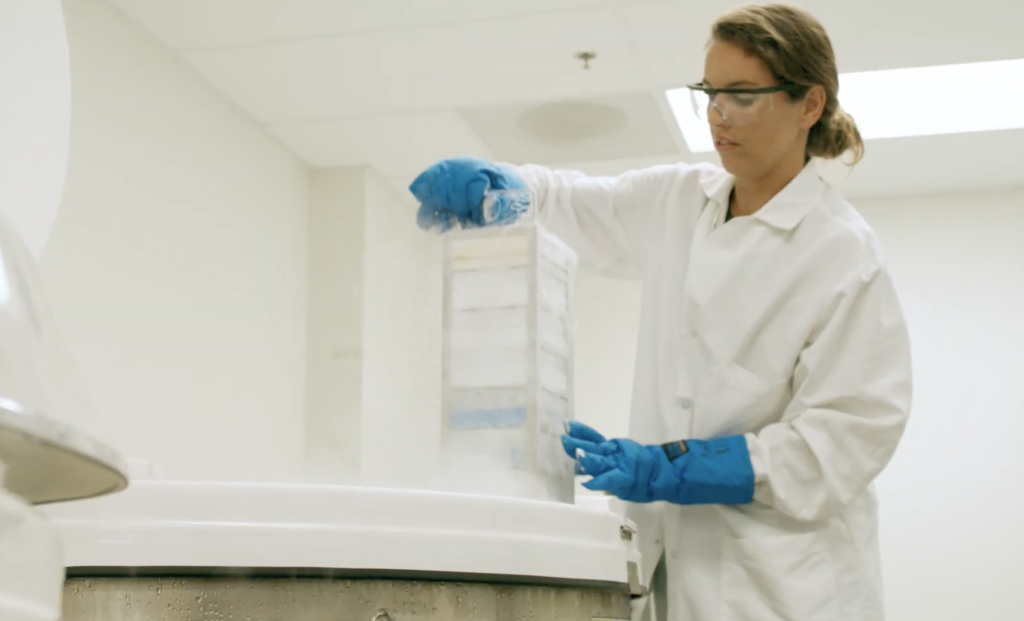LA JOLLA, CA—The British Heart Foundation (BHF) today announced its shortlist of four research projects competing for a single £30million award including a proposal for a “google map” of atherosclerosis to find and develop immunotherapies against heart attack and stroke.
With the World Health Organization forecasting an increase in cardiovascular deaths worldwide, the British Heart Foundation’s Big Beat Challenge is a global initiative to galvanize researchers and inspire transformational solutions to tackle the world’s biggest killer.
“At its core, atherosclerosis is a chronic inflammatory disease and we’ve known for a long time that the immune system plays an undisputed and critical role in the progression of the disease regardless of the initiating factor. Yet, we still rely on controlling classical risk factors and treating the visible late stage complications of the disease that limit blood flow,” says La Jolla Institute for Immunology Professor Klaus Ley, M.D., who played a seminal role in pulling together the team behind the shortlisted proposal.
“What we need is a radical transformation of disease prevention and highly effective treatments that target the hidden disease process, which is largely driven by the immune system,” said Ley, whose own research has yielded a vaccine that successfully reduced the plaque burden in atherosclerotic mice by expanding a class of protective immune cells that curb inflammation.
Encouraged by these findings, the team wants to ignite nothing short of a revolution in the immunobiology and immunotherapy of atherosclerosis by using cutting-edge technologies to build the first 3D map of human atherosclerosis, the fatty deposits that develop in arteries. The map will be instrumental for gaining new understanding into how and why the immune defense system goes awry and causes the disease. This deep mapping work will reveal new targets for immunotherapy to combat atherosclerosis, and may lead to a new wave of medicines and vaccines that can prevent heart attacks and strokes. The iMAP is led by Professor Ziad Mallat, BHF Chair of Cardiovascular Medicine at the University of Cambridge, UK. Eric Topol of Scripps Research, a very prominent cardiologist and cardiovascular geneticist, is another La Jolla scientist on the iMAP team.
Topol, Founder and Director of the Scripps Research Translational Institute, pointed out that “we are at a unique juncture in molecular cardiovascular medicine, to seize the opportunity of preventing atherosclerosis in patients at risk.”
The shortlist of research proposals also includes a genetic cure for inherited heart conditions that often kill without warning, a soft biocompatible robotic heart to provide a viable cure for the escalating epidemic of heart failure, along with a project harnessing new technologies – including AI and wearable tech – to create a cardiovascular digital twin.
Professor Sir Nilesh Samani, Medical Director at the British Heart Foundation, said: “Heart and circulatory diseases remain the number one cause of death worldwide. We’re taking small steps forward every year but what’s needed is a giant leap, which won’t be achieved by a business-as-usual approach. The Big Beat Challenge embodies our ambition to turbo-charge progress and could lead to its own ‘man on the moon’ moment. I have absolutely no doubt the winning idea will define the decade in their area.”
The BHF’s Big Beat Challenge, launched in August 2018, is a global competition offering a single research award of up to £30million. The initiative was designed to push the international research community to identify a real-world challenge, significant unmet need or opportunity for game-changing innovation in cardiovascular science or medicine.
The BHF challenged researchers to form international, multi-disciplinary teams and submit outline research proposals that would be transformative, with a clear route to patient benefit, and that would only be possible with funding on this scale. The ideas could completely transform the lives of a few or provide a smaller but important change for many.
The BHF received 75 applications, featuring team members from 40 countries. Since the call for applications closed in June 2019, these proposals have been rigorously reviewed to get down to the four most compelling ideas.
Three separate panels independently scored the applications. A patient and public panel gave their perspective, a special panel of independent researchers and medical professionals scrutinized the scientific rigor of the proposals, and the final decision was made by the International Advisory Panel (IAP) comprised of leading international figures from the world of science, medicine and beyond.
The teams will now start work on full applications, with a winner expected to be announced at the end of 2020.
The four shortlisted teams have been given a small amount of seed funding and will spend the next six months putting together their full applications. These will be reviewed by subject experts and the three panels, and the teams will be interviewed by the IAP. Together, they will decide which proposal has the most promising chance of delivering a revolutionary advance towards better cardiovascular health.
Dame Anne Glover, President of The Royal Society of Edinburgh and Independent Advisory Panel member, said: “All four shortlisted applications have identified big problems that desperately need to be addressed. They’ve submitted ideas that are different to anything the BHF has funded before, and the raw ambition, boldness and creativity of all teams is inspirational.
“Each member of the International Advisory Panel brings unique expertise and vision from the world of science, research and beyond. We’re intrigued to see the teams’ ideas flourish into full proposals and decide who will be given the chance to write their names into the history books by transforming heart and circulatory disease research.”
Professor Sir Nilesh Samani added: “This is high-risk, high-reward research. We whole-heartedly believe in the transformational potential of the Big Beat Challenge to save and improve lives, both here in the UK and around the world. It represents the single biggest investment in pioneering science in the BHF’s 60-year history. In an ideal world, we’d like to fund all four as each one has the chance to make a monumental impact.”
About the Big Beat Challenge
The Big Beat Challenge is a unique research funding award of £30m (around €35m, $39m USD) that has brought together world-leading researchers and innovators to look beyond incremental gains and accelerate breakthroughs in heart and circulatory disease that could transform lives across the globe. The shortlisted teams are international and multidisciplinary, with experts from countries across the world spanning the domains of academia, industry and technology.
Find out more at bhf.org.uk/bigbeatchallenge
British Heart Foundation
With donations from the public, the BHF funds ground-breaking research that will get us closer than ever to a world free from the fear of heart and circulatory diseases. A world where broken hearts are mended, where more people survive a heart attack, where the number of people prematurely dying from or disabled by a stroke is slashed in half. A world where people affected by heart and circulatory diseases get the support they need. And a world of cures and treatments we can’t even imagine today. We are backing the best ideas, the brightest minds and the biggest ambitions – because that’s how we’ll beat heartbreak forever.
Find out more at bhf.org.uk


